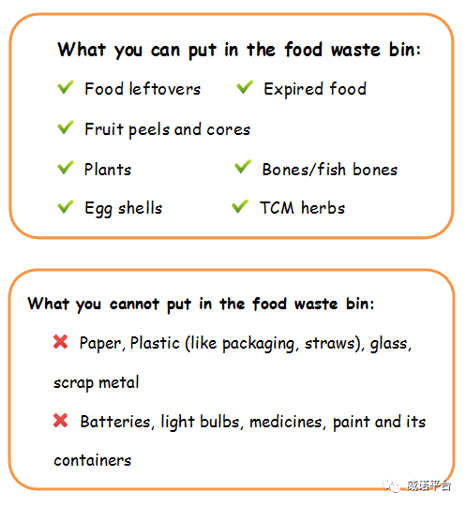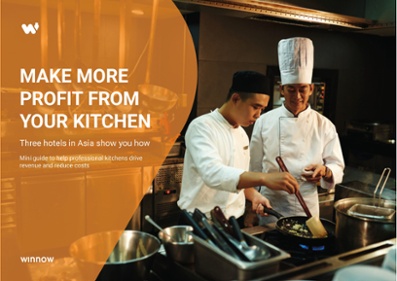Since June 2019, Shanghai has made it mandatory for companies and households to sort and recycle their rubbish. Businesses and people who don’t comply not only risk paying heavy fines but could also have social and tax credits rating lowered. If the legislation succeeds in this region, it could inspire other cities to become more environmentally friendly.
In this blog, you will learn the implications of this for F&B companies in Shanghai, and how they can succeed by applying simple steps and adopting new technologies.
Why was the law introduced?
China has one of the world’s biggest populations, and consequently, is one of the greatest waste generators. The nation struggles with what to do with the rubbish its 1.4 billion citizens produce.
Shanghai is the largest and most populous city in the world, with more than 24 million people living there. It is believed that only 3,300 tonnes of recyclables are collected daily, compared to the 19,300 tonnes of house waste and 5,000 tonnes of kitchen waste in the same collection.
Consequently, if the new Shanghai regulation shows positive results, the initiative could spread to other parts of China making a huge impact on the country’s 210 million tonnes of annual waste.
How does the regulation works?
The main objective of Shanghai’s local authority is to raise the waste recycling level from 10% to 35% by 2020. The new waste-management policy implies that food and beverage companies, such as hotels, restaurants, and contract catering are responsible for separating waste correctly. If not done properly, companies could face a fine of up to 50,000 RMB (7,272 USD). For an industry built on wafer-thin margins, this is not a risk worth taking.
Due to this, all garbage need to be into four types:
- kitchen waste, predominantly food waste
- recyclable goods, such as bottles and cans
- harmful waste, like batteries and needles
- other waste, such as bathroom products.
Below demonstrates you should and shouldn’t put in your food waste bin:

How can technology help F&B Companies?
Managing food waste is a major issue and one that kitchens, not only in China but around the world, are struggling with.
Globally, one-third of all food never reaches our plates. Prevention is the most effective way for businesses to fight food waste and all its negative consequences. When food is lost, companies also lose all the resources that were put into production such as water, gas, electricity, and labour.
Food is wasted in kitchens because chefs lack the necessary tools to quickly and accurately record the food being thrown away. Without visibility into what is being wasted, chefs can make forecasting errors in overproduction by as much as 5%-15% (in some rare cases up to 20%).
With the introduction of technologies, such as the Winnow Waste Monitor and the AI-enabled Winnow Vision, chefs are now able to automate many of the administrative tasks required to measure waste. This gives teams better visibility while also freeing up time for creativity and allowing chefs to get back in the kitchen.
Winnow has been working with the hotel and catering sector in China since 2015 and has an office in Shanghai. Working with large brands like Compass Group, AccorHotels, and Club Med, we have seen that kitchens using Winnow typically cut food purchasing costs by between 2% and 8%.
One success story has been shown from Chef Mohammad and his team at the Sofitel Kunming. He has seen his chefs acquire general knowledge while cutting food waste at the same time. He says, “With the Winnow system we are able to get tangible data about our food waste, and based on that, we can make changes to reduce it. Winnow has also helped the team become more aware of the issue of food waste.”
In China, every new regulation brings growth opportunities. We would encourage all operators in Shanghai to see the food waste law as this contributes to China’s sustainability journey, whilst also considering the added benefit of cutting costs.









Comment on my blog